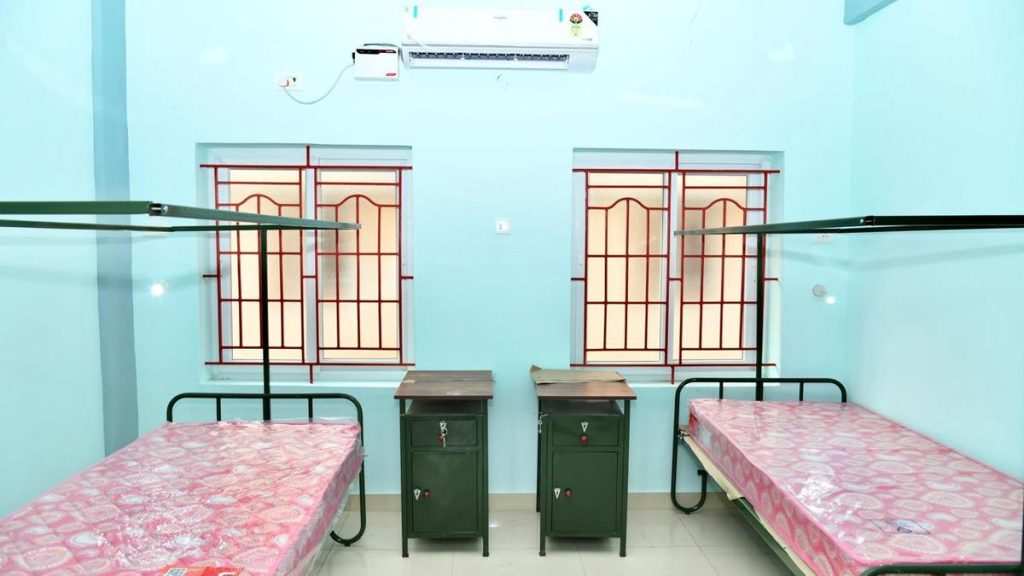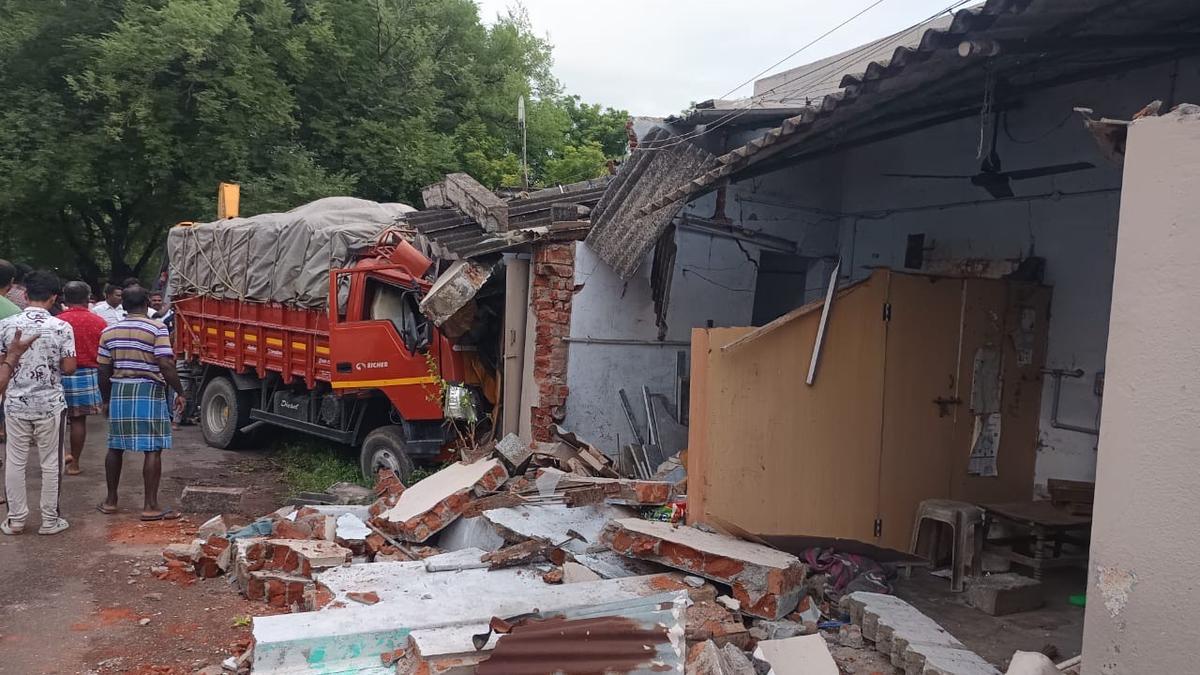Now Reading: Air Crash Investigations: Examining Disputes Over Pilot Complicity
-
01
Air Crash Investigations: Examining Disputes Over Pilot Complicity
Air Crash Investigations: Examining Disputes Over Pilot Complicity
Rapid Summary
- Two out of four fatal air crash investigations reviewed by researchers revealed disagreements between national agencies and the U.S. National Transportation safety Board (NTSB) regarding pilot intentionality in causing crashes.
- Investigations averaged 2-3 years, with only one case confirming a pilot’s clinically diagnosed depression history.
- Common factors included pilots alone in cockpits during the incidents and difficulties in determining mental state through “psychological autopsy.”
- AI-171 flight crash investigation from Ahmedabad to Gatwick on June 12 continues, with speculation over potential sabotage linked to the captain; though, officials called for restraint pending formal conclusions.
- As 1994, only six commercial-plane accidents globally have been attributed to pilot actions, with just four documented in academic literature. Such instances remain rare overall.
- Data shows aircraft-assisted suicides account for 0.33% of general aviation fatalities (24 out of 7,244 cases between 1993-2021), mainly involving small planes lacking FDRs or CVRs.
Case Examples:
- Silk Air Flight 185 (1999): Indonesian authorities cited unknown causes; NTSB suggested intentional pilot action but lacked definitive evidence of motive despite financial struggles for the captain.
- Egypt Air Flight 990 (1999): conflicting reports attributed autopilot disconnection and control inputs by First Officer as probable cause; reasons debated amid claims ranging from mechanical failure to religious extremism or interpersonal disputes.
- mozambique Airlines Flight 470 (2013): Sustained descent led investigators to suspect deliberate action by the Captain; findings challenged domestically by Mozambican industry representatives.
- Germanwings Flight 4U9525 (2015): Pilot deliberately crashed plane after locking cockpit door; suffered from psychiatric disorders confirmed by medical records.
Indian Opinion Analysis
The ongoing investigation into AI-171 underlines the complexities surrounding attributing intent in air crashes-a theme consistent across prior cases globally where definitive conclusions often triggered contention between investigating agencies. The use of psychological autopsies remains contentious due to subjective elements challenging reliability.
For India specifically, this case reinforces emerging questions around aviation safety enforcement-especially regarding mental health assessments for licensed pilots-and crisis management communication protocols that balance transparency with avoiding undue speculation.
Such rare incidents underscore broader systemic challenges yet emphasize their extraordinary rather than endemic nature within global safety practices governing commercial flights. India’s measured approach advocating restraint until conclusive findings may help avoid premature stigmatization often experienced internationally in similar cases.
























